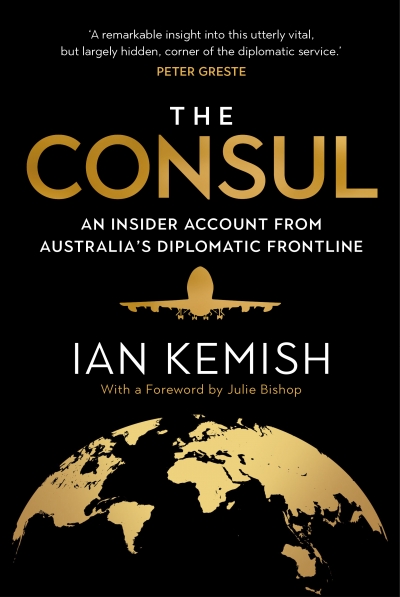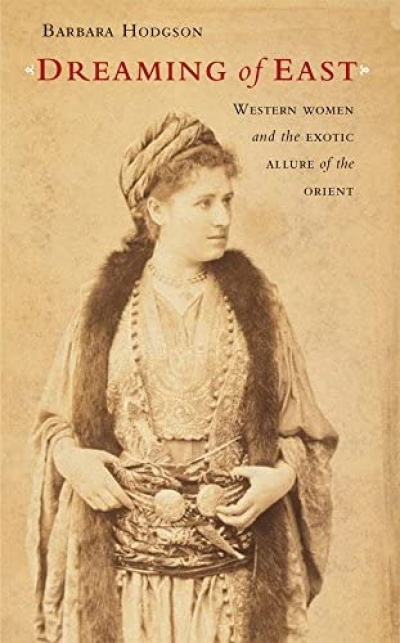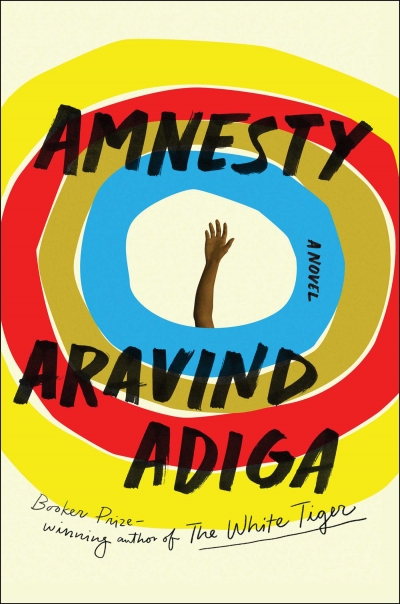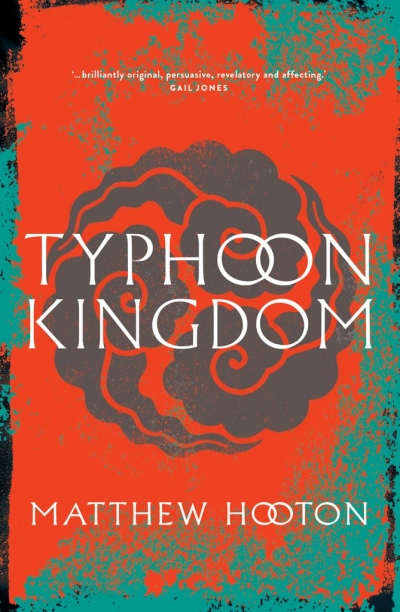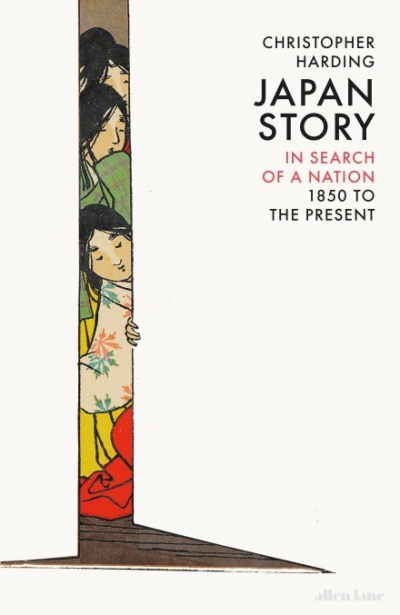Alison Broinowski
Dreaming of East by Barbara Hodgson & Women of the Gobi by Kate James
by Alison Broinowski •
Good International Citizenship: The case for decency by Gareth Evans
by Alison Broinowski •
The Genius of Donald Friend: Drawings from the diaries 1942–1989 by Lou Klepac
by Alison Broinowski •
Project RAINFALL: The Secret History of Pine Gap by Tom Gilling
by Alison Broinowski •
Japan Story: In Search of a Nation, 1850 to the present by Christopher Harding
by Alison Broinowski •
The Violent American Century: War and Terror since World War II by John W. Dower
by Alison Broinowski •
Scurvy
Dear Editor,
All authors are perhaps oversensitive to reviews of their books, but I have never been tempted to quarrel with a reviewer until now. Alan Atkinson’s review of Scurvy: The disease of discovery (April 2017) contains a ...

